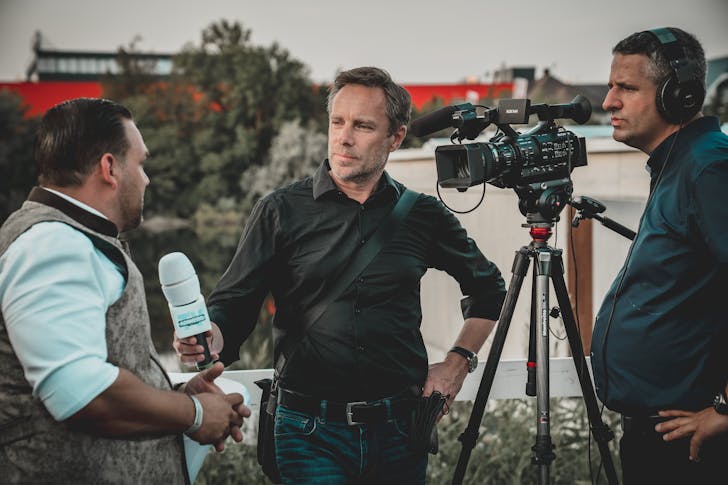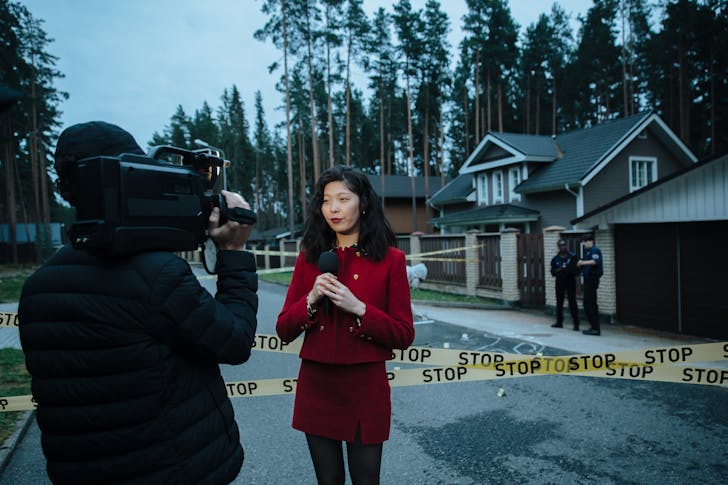Legal support for journalists is not what it used to be. And that is a good thing. Back when threats to reporters were mostly about libel or copyright, legal help meant the same old playbook. Now? Things have changed. Reporters are being sued into silence, doxxed, and harassed just for doing their jobs.
Even travel is risky. Journalists worry about having their phones searched or devices taken, so legal support is shifting gears fast.
Today’s media landscape is rougher than ever. The tone from the top doesn’t help, with President Trump openly attacking the press. Legal intimidation tactics, like SLAPP suits, are now common. These are lawsuits meant to bury journalists in court costs just for publishing the truth.
That is where groups like Lawyers for Reporters step in, giving legal help where it is needed most.
Legal Support Is Going Local and Personal
Reporters at big outlets usually have in-house lawyers. But many of today’s most important stories come from smaller, independent newsrooms. These groups can’t afford full-time legal teams despite facing the same risks. Legal support for them needs to be fast, flexible, and free.

That is exactly what Lawyers for Reporters is doing. In just five years, they have helped nearly 300 media clients across the U.S. Most of these outlets cover local issues or dig into specific beats like education or housing.
And they are not just small. They are often mission-driven, nonprofit, or fully independent, which means their work is more vulnerable but also more vital.
More Attacks on Journalists With New Tools
The old legal threats are still around. But now, there is more. Journalists are getting threatening letters from lawyers just for asking tough questions. Some are getting doxxed. Others worry their digital devices could be taken or searched at borders. Legal support today has to be ready for all of it.
That is why Lawyers for Reporters is going beyond traditional legal aid. They’re hearing from clients worried about how to protect sources, travel safely, and avoid being sued into silence.
Some even worry that their funders may pull support over the stories they report. It is a minefield, and legal support has to cover more ground than ever.
Compliance Help for a Tougher World

To handle this, Lawyers for Reporters is building something new: the Compliance Assurance Program. However, it is not just about fixing problems after they happen. It is about preventing them in the first place. That means helping journalists run basic legal checks before things spiral.
It is like a legal tune-up: quick, thorough, and designed to keep journalists on the road without breakdowns.
Adapting to Fear and Fighting It
Let’s be clear: Fear is real in today’s reporting world. Journalists are second-guessing their work because of lawsuits, threats, or government pressure. Legal support can’t erase that fear, but it can cut it down by making reporters feel less alone.
Lawyers for Reporters is trying to be exactly that kind of backup. They are not just reviewing contracts or editing cease-and-desist responses. They are helping journalists understand their rights, protect their stories, and stand their ground. And they are doing it for free, which matters more than ever.




